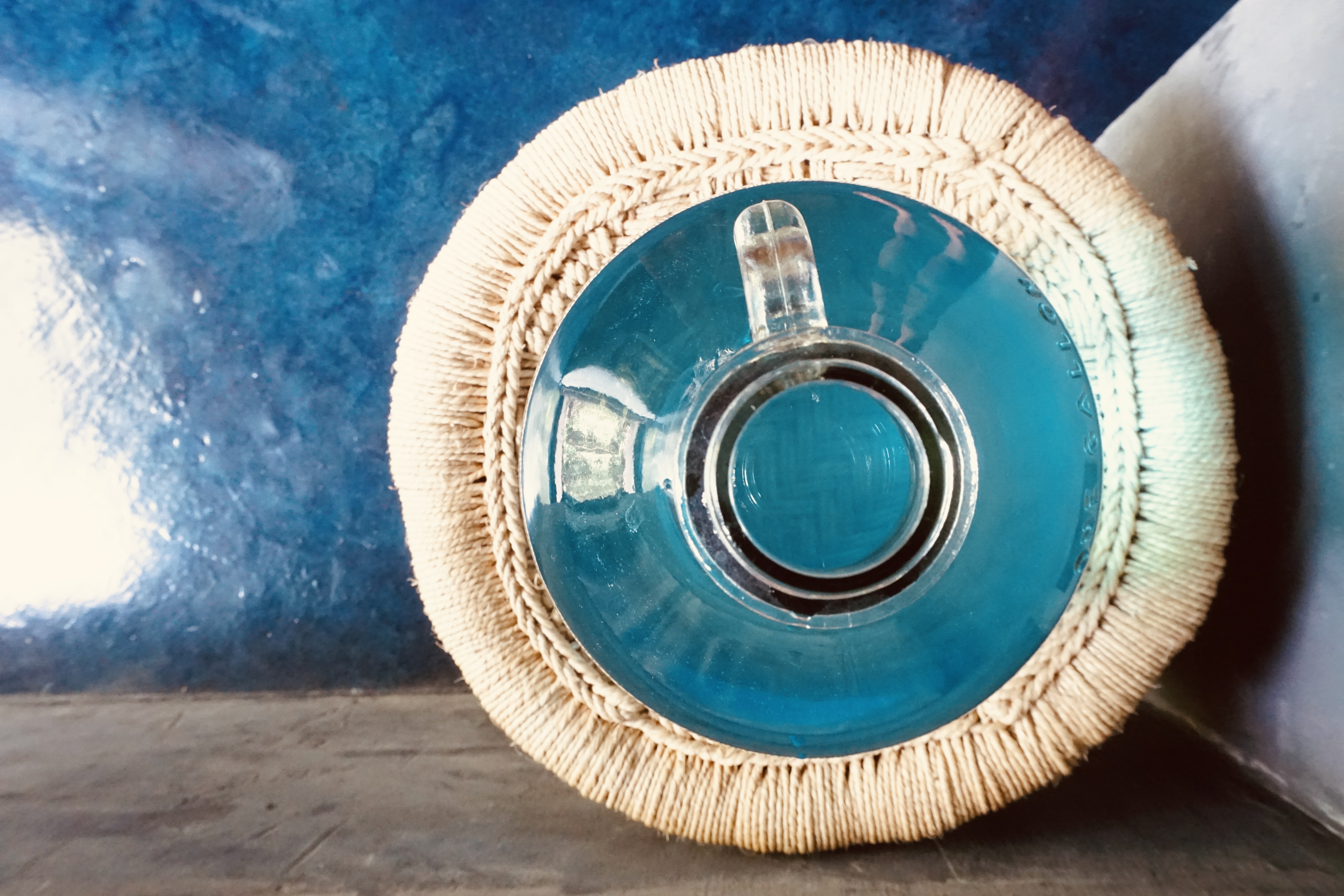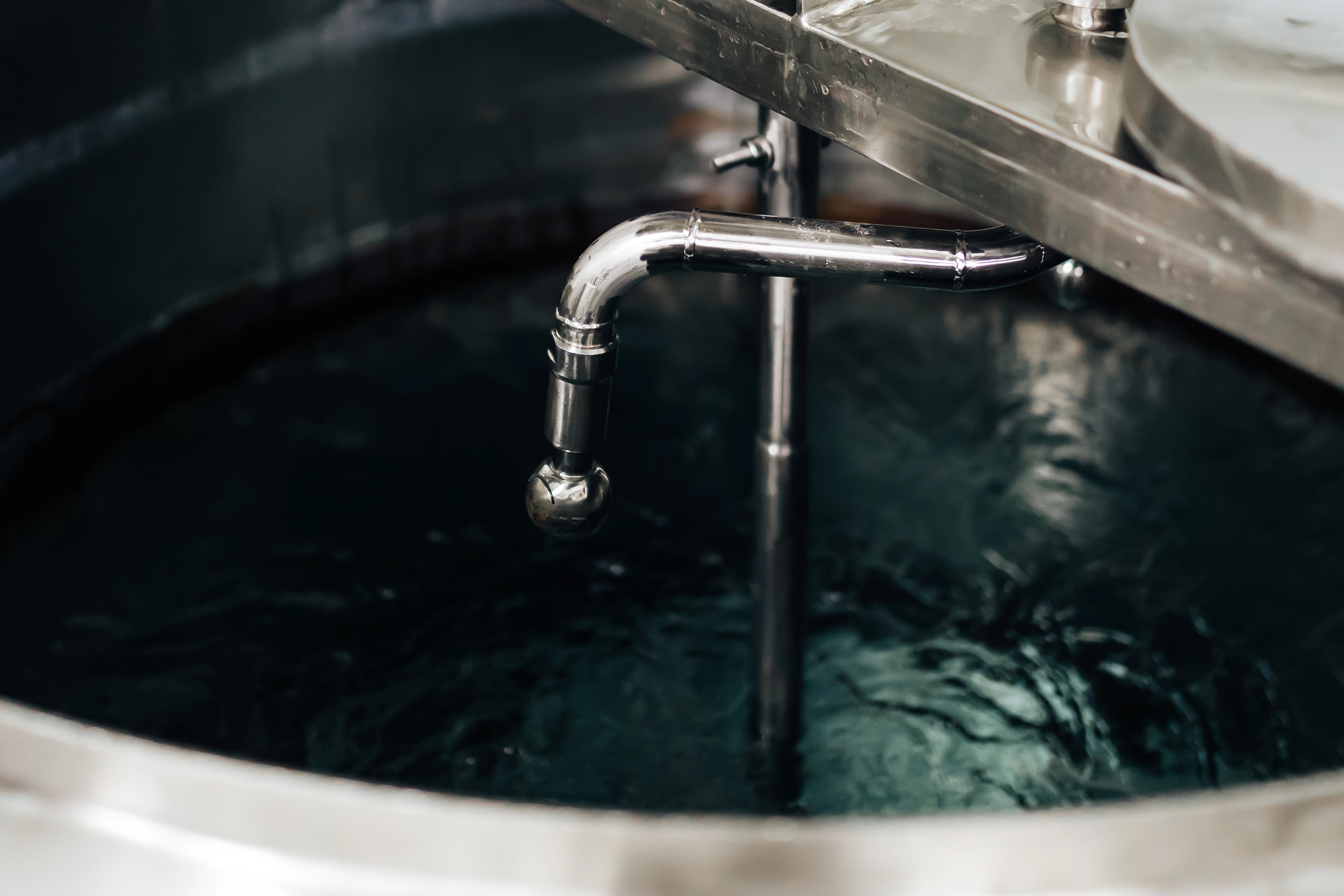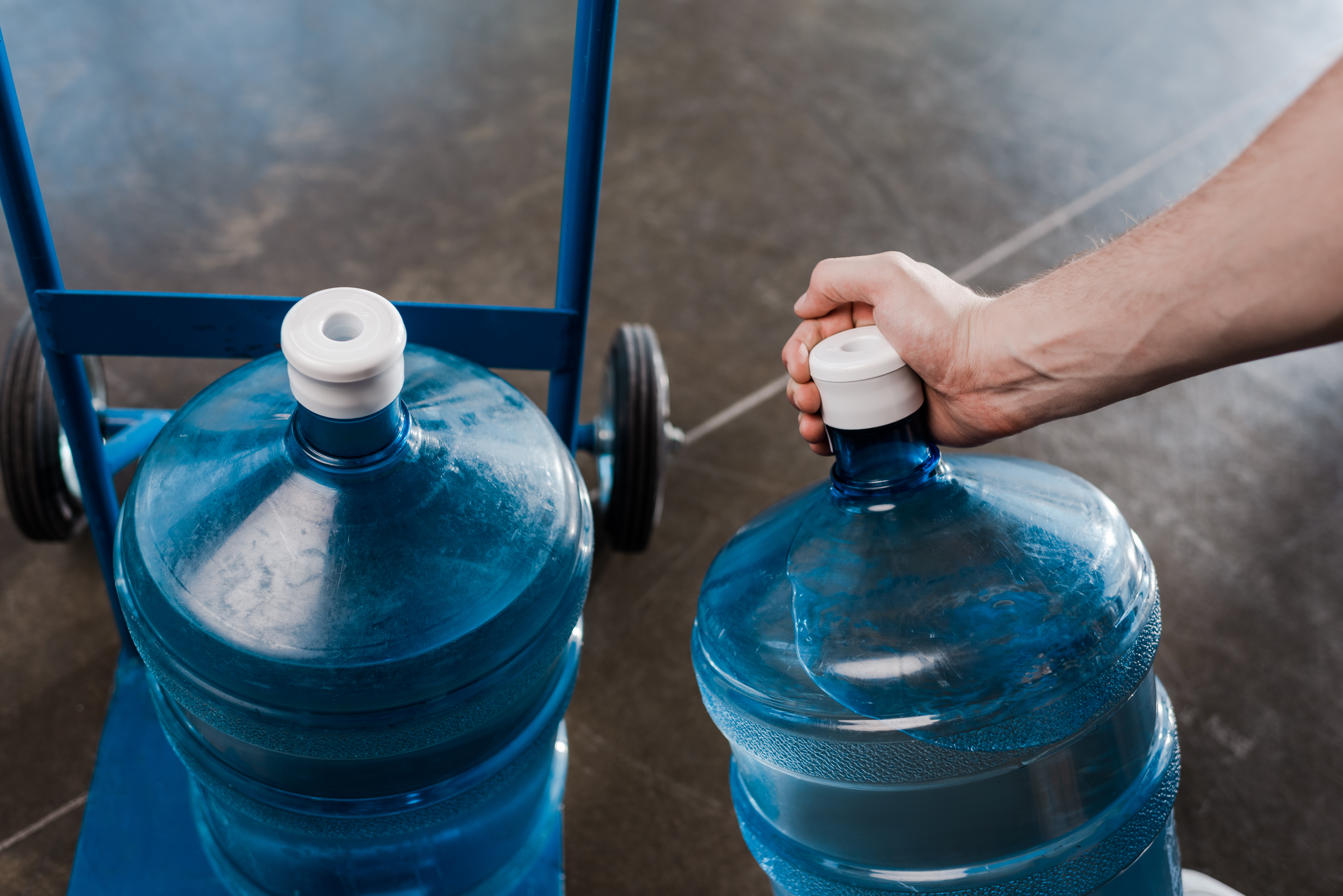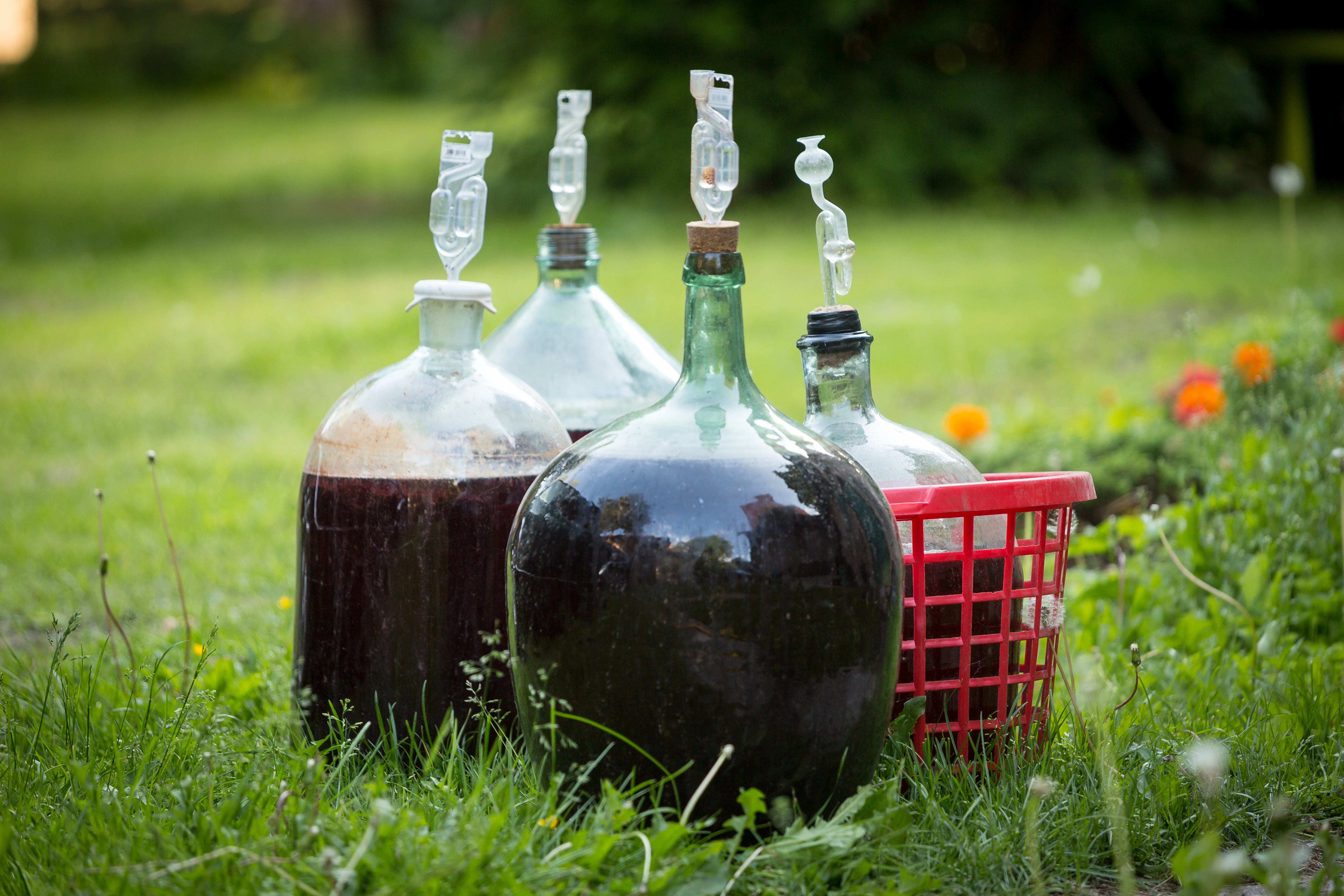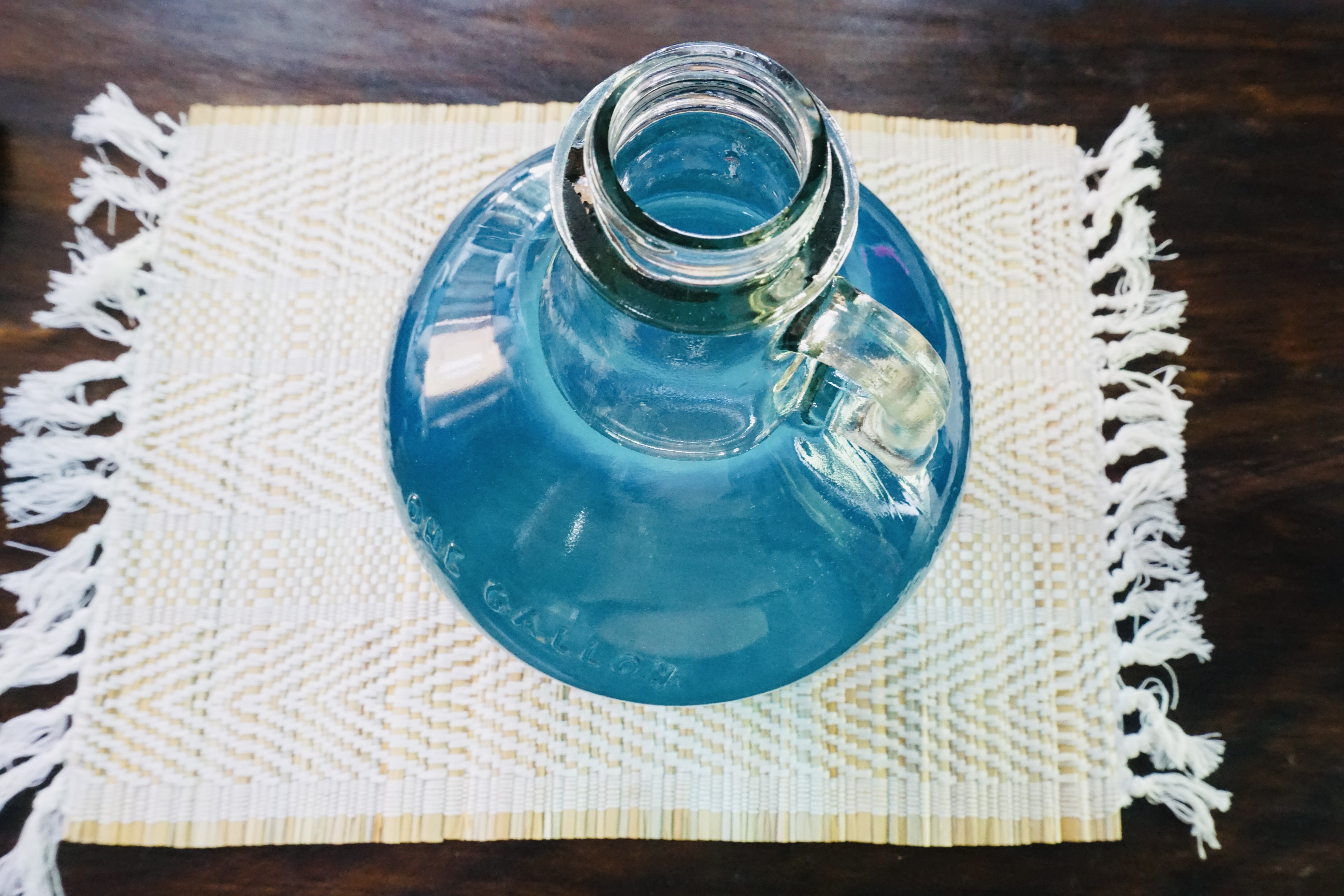Finding the best water for brewing can be a FEAT to tackle. Unless you live in a place like Colorado, who has unreal tap water! Let’s be real, not all of us have pristine water coming out of our showers. So, here is the best option for brewing water.
I have searched long and hard for good, clean water for brewing. Man oh man it can seem so challenging to get it right. Then, I wondered if I had to go get my masters in water chemistry!
I am here to tell you, you do not need a masters in water chemistry to brew amazing beer, wine, cider, or soda. It CAN be simple, but does need just a little attention.
You will learn why all water is not good water, how to find good water, and the best ways to get pristine water 24/7 for brewing!
This post is all about water for brewing.
All About Water for Fermenting Beer, Wine, & More
So, I am not a chemist and you might not be either, and I wanted a way to approach brewing water that was easy and deliberate, yet still gives me good results… I bet you do too!
It can be CHALLENGING to find good water to use in your ferments, especially brewing. This guide will be heavier on brewing beer, but the same ideas go for cider, wines, and sodas.
Beer tends to be trickier since beer is 90% water!
I played with brewing salts, but found that was way more intricate and technical than what I was looking for. I wanted to focus on flavors, ingredients, presentation, etc… Not brew water chemistry! Is that you?
RELATED POST: Make a Perfect Beer on Your First Try (Lightly Hopped Beginner Beer Recipe)
If you are looking for a simple solution to finding the best water for brewing, then continue on. Here are the three options for good water we are going to cover:
- Get a small sink top filtration system in your home.
- Buy gallon plastic jugs at the store.
- Learn brewing water chemistry and work with brewing salts.
Let’s dive in.
Why not all water is good water: Introduction to Water Chemistry for Brewing
First and foremost, not all water is created equal! Different places have different water compositions.
A water composition is the specific combination of minerals in the water: calcium, magnesium, sulfate, chloride, chlorine, etc.
People who live in Colorado, Montana, Idaho, and probably places in Canada, have pristine water coming out of their taps because of their water composition. It is almost not fair to the rest of us!
Additionally, places that treat their water will add chlorine into the water. Chlorine acts as a disinfectant, yet makes beer taste HORRIBLE! You must be careful with chlorine.
If you are brewing and your beer is not coming out good, or you are just starting out and want to make sure you have good brewing water: get your water tested!
You can send a sample of your water to WARD Laboratories, and they will send you back a detailed water report on your water’s composition – for only $57!
This alone will give you great insight into your water and how it affects your beer’s overall flavor. A lab report like that will aid in using a brewing water calculator when you are aiming for a specific profile in your beer.
RELATED POST: Save Money, Ferment Better | 11 Ultimate Ingredients for Homebrewing
What Makes Good Water and How to Find it
Ok, so we understand water a bit more. Now, how on earth do we find it? What is the best source, if your tap water is no bueno?
Good water has a balanced mineral composition and NO chlorine. Therefore, it is minimally treated. You can usually tell if water is good for brewing by tasting it… Does it leave you feeling hydrated? Does it taste good?
I know saying “water tastes good” is a bit of a paradox. But, if you have tasted different types of water you will know when it tastes good!
Where to Find the Best Water
To hunt down this magical water we speak of, there are a few options for you.
- Bottled spring, purified, or filtered water at the store.
- Gallon jugs of spring, purified, or filtered water at the store.
- Annnd, that’s it!
This is the tricky part of water: finding it. Spring water and purified/filtered bottled water can work great. However, I have had some issues with packaged water giving off odd flavors. Additionally, some spring water has been found to have contaminants, which can’t be good for brewing!
If you are buying the plastic jugs or bottles, do not leave them in the heat or sun! That will allow the plastic to seep into the water more which is (1) not healthy and (2) bad for brewing!
Constantly using plastic water bottle jugs also increases the issue of BPA in your water. Which is something to keep in mind.
So it is important to find a water source that is reliable, like a decent bottle water brand in your city or state. One that is reputable. That is a great place to start!
Overall, gallon jugs CAN work great. I have had success with them, after trial and error and finding the good brands in my area.
But, if you are looking to have more consistent water that you KNOW is perfect every time then read on:
The Best Way to Get Pristine Water 24/7
The problem with brewing water is honestly the solution: water.
There are various ways to go about brewing, and brewing water is no different. Everyone finds what work best for them.
Here are tried and true ways to get good water:
1. Invest in a water filter system
This sounds more intense that it really is, trust me! There are so many easy ways we can filter our tap to get clean water.
You can get large systems that get installed under your sink, or you can get a small portable water filter that sits on your counter!
The small system that goes on your sink is only $92 and treats for TONS of chemicals, contaminants, heavy metals, even including chlorine. Which is PERFECT for brewing.
If you spent $2 on a gallon of water at the store for water, you would spend $92 in 46 gallons of beer. That is only nine 5-gallon batches!
For wine, cider, soda, or any other ferment, a water filtration system will work perfectly! So, if you are wanting to ferment consistently. Then, a water filtration system might be your best long term option.
AND you can enjoy clean water to drink everyday. Sounds like a win-win!
You can get a sink top system here!
2. Learn brewing water chemistry
Again, water for brewing is tricky sometimes. And if we aren’t interested in investing in a home filter system and we don’t want water out of plastic jugs, then the best option is to educate yourself on brewing water.
This resource is good in understanding water chemistry for brewing.
Like mentioned above in the introduction for brewing water chemistry, you can send you water samples to WARD Labs. The report, this book, and this brewing water calculator will become your best friend!
Once you learn brewing water chemistry, know how and when to add you brewing salts, you will be supplied to have consistent clean pristine water for brewing 24/7!
As you can see, it is a choose your own adventure when it comes to water.
It can be simple, but really depends on your intentions and what you are trying to get out of your water. I love the simple filtration system for ease and comfort, but also gallon jugs have worked for me as well.
This post was all about water for brewing and water chemistry for brewing.
Other Posts You May Like…
✓ Make a Perfect Beer on Your First Try (Lightly Hopped Beginner Beer Recipe)
✓ Understand the Content | How to Use a Hydrometer in 5 Easy Steps
✓ Save Money, Ferment Better | 11 Ultimate Ingredients for Homebrewing You Need to Know About

